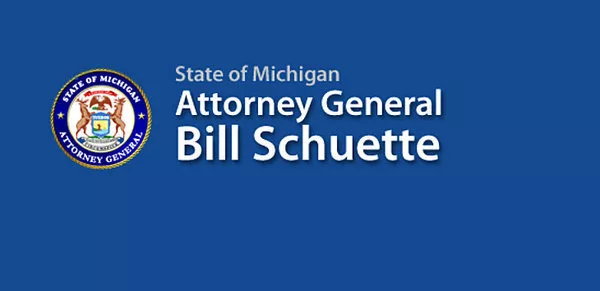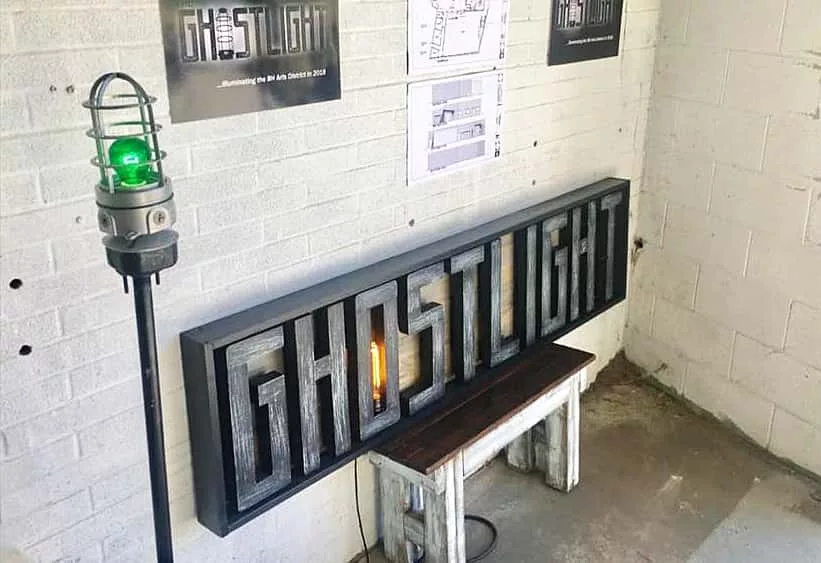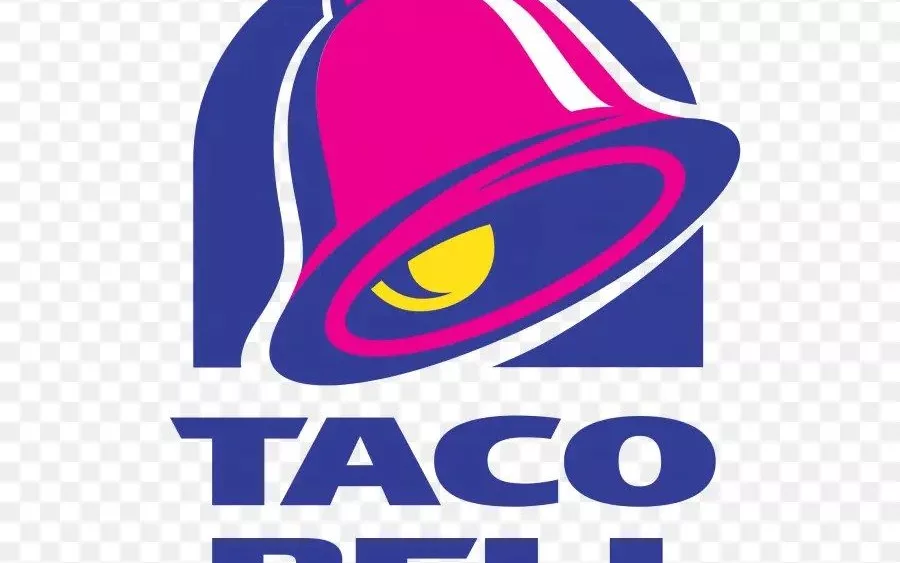Alleged fraudulent interest rate manipulation by Barclays Bank and Barclays Capital Inc. cost non-profit organizations and government entities millions of dollars, leading to a major national settlement of $100-million. Michigan was one of a number of states that filed suit alleging the fraudulent and anti-competitive conduct and the state will get more than $6-and-a-quarter-million as a result.
Michigan's Attorney General Bill Schuette reported on the settlement late Monday saying the settlement will bring Michigan $6,288,359.48 as a result of the accused manipulation of LIBOR interest rates. LIBOR is a benchmark interest rate that affects financial instruments worth trillions of dollars and has a widespread impact on global markets and consumers.
Schuette's office released the following information on the case Monday evening:
“This company took advantage of government entities and non-profits during an already trying financial time for our country as a whole,” said Schuette. “Misleading customers into thinking that their investments were safe when the company was in trouble and taking advantage of trusting customers to bolster their trade positions is unacceptable and today’s settlement holds them accountable for their illegal actions.”
Government entities and not-for-profit organizations in Michigan were defrauded of millions of dollars when they entered into swaps and other investment with Barclays without knowing that Barclays and other banks on the U.S. dollar (USD)-LIBOR-setting panel were manipulating LIBOR and colluding with other banks to do so.
Restitution Eligibility
Michigan entities that entered into LIBOR-linked swaps and other investment contracts with Barclays between 2005 and 2010 will be notified if they are eligible to receive restitution from the $6,288,359.48 given to Michigan from a damages fund of $93.35 million. The balance of the settlement fund will be used to pay costs and expenses of the investigation and for other uses consistent with state law.
Case Background
The multi-state investigation, conducted by States Attorneys General, revealed that Barclays manipulated LIBOR through two different kinds of fraudulent and anti-competitive conduct.
First, during the financial crisis period of roughly 2007-2009, Barclays' managers frequently told LIBOR submitters to lower their LIBOR settings in order to avoid the appearance that Barclays was in financial difficulty and needed to pay a higher rate than some of its peers to borrow money. The LIBOR submitters complied with the instructions and suppressed their LIBOR submissions during that period.
Second, at various times from 2005 to 2007 and continuing at least into 2009, Barclays’ traders asked Barclays’ LIBOR submitters to change their LIBOR settings in order to benefit their trading positions, and the submitters often agreed to the requests. At times, those requests came from traders outside the bank, and Barclays traders agreed to pass them along to Barclays’ submitters, thus colluding with other banks. Barclays also believed that other banks’ LIBOR submissions likewise did not reflect their true borrowing rates, and that therefore, published LIBOR did not reflect the cost of borrowing funds in the market, as it was supposed to do.
Other states joining the Barclays settlement include: Alabama, Alaska, Arizona, Arkansas, California, Colorado, Connecticut, Delaware, District of Columbia, Florida, Georgia, Hawaii, Idaho, Illinois, Iowa, Kansas, Maine, Maryland, Massachusetts, Minnesota, Missouri, Montana, Nebraska, Nevada, New Hampshire, New Jersey, New Mexico, New York, North Carolina, North Dakota, Ohio, Oregon, Pennsylvania, Rhode Island, South Carolina, Tennessee, Utah, Virginia, Washington, West Virginia, Wisconsin, Wyoming, and Vermont.






